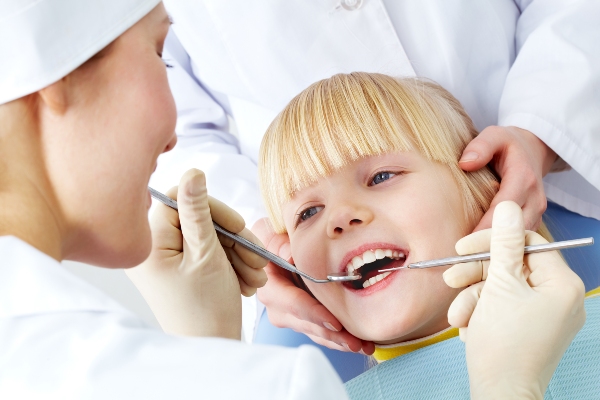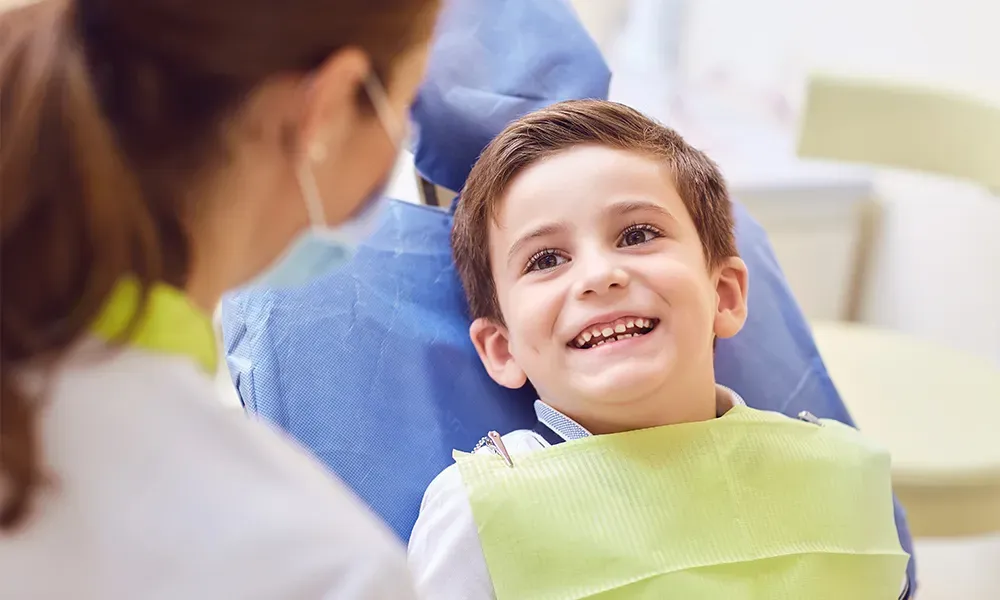Parents living in California are always concerned about the health of children, and dental health is a vital aspect of overall well-being, especially in children. If pediatric dental problems are left untreated, they can result in long-term complications.
It is recommended that parents comprehend numerous pediatric dental issues and what needs to be done for prevention. Take family dentistry in Tulare, CA, into consideration to make sure the dental health of the children stays good throughout and that they step into adulthood with a healthy smile.
Prevailing Pediatric Dental Problems and Prevention
In this blog, we will examine some of the most prevalent pediatric dental problems and how to prevent them.
Gum Disease
Gingivitis, or gum disease, is essentially where the gums get inflamed because of the buildup of plaque. If gingivitis is left untreated, it can transition into a more severe form called periodontitis.
Prevention Tips for Gum Disease
Let’s examine some ways in which parents can prevent gum disease in children.
Follow a Balanced Diet
A balanced diet needs to be integrated because it provides necessary nutrients like minerals and vitamins that support gum health.
Maintain Good Dental Hygiene
Teach the children to properly follow the dental care routine and maintain good dental hygiene, which prevents plaque from building up inside the mouth.
Go for Regular Dental Visits
Take the child for routine dental check-ups to detect gum disease at an early stage and prevent it from progressing further. Regular dental visits are a great preventive measure for almost any pediatric dental problem because they allow for early detection and immediate treatment that does not let any problem turn into something much more severe.
Dental Trauma
Children are pretty prone to numerous dental injuries from sports, falls, and being involved in other activities. Common injuries include the likes of fractured, chipped, or knocked-out teeth.
Prevention Tips for Dental Traumas
Parents do not need to ask children not to participate in outdoor activities merely because of fear of getting some dental injuries. But, some preventive measures can certainly help prevent dental traumas.
Create a Safe Environment
Childproof areas where accidents are likely to happen to create a safe home environment.
Mouthguards Ensure Some Protection
Make sure the child wears a mouthguard when performing high-risk activities or playing sports.
Seek Immediate Dental Care
If the child unfortunately experiences some dental injuries, seek urgent dental care to maximize the probability of saving the tooth.
Tooth Decay
Tooth decay or cavities is a major dental problem in children (quite common in adults, too). It happens when the bacteria present inside the mouth convert sugars from drinks and foods into acids, and that acid then erodes the tooth enamel, resulting in decay.
Prevention Tips for Tooth Decay

Tooth decay can be prevented by merely following some basics, such as:
Avoid or Limit Sugary Drinks and Foods
We all know children love sweet snacks, but sugar is very unhealthy, not merely for dental health but for overall health. Limit the intake of sugary beverages and snacks, and encourage the children to choose more healthy alternatives.
Consistent Brushing and Flossing
Make sure that the child brushes the teeth with fluoride toothpaste twice a day and floss every day to remove any plaque and food particles, particularly from the regions where toothbrushes fail to reach sometimes.
Regular Dental Check-Ups
Regular dental check-ups help detect signs of decay early, prevent it from getting worse and resulting in further complications, and provide a plethora of other benefits.
Final Thoughts and Role of a Dentist!
Pediatric dental problems have always been a concern for parents because of the prevalence of such problems in children. But, most of it can be prevented by simply putting more emphasis on the basics of dental care.
A parent needs to take a child to a dentist after noticing any signs of dental problems; even if no signs are apparent, some underlying problems can still be there, and a dentist does a proper examination and proceeds with the best treatment that suits the needs.


